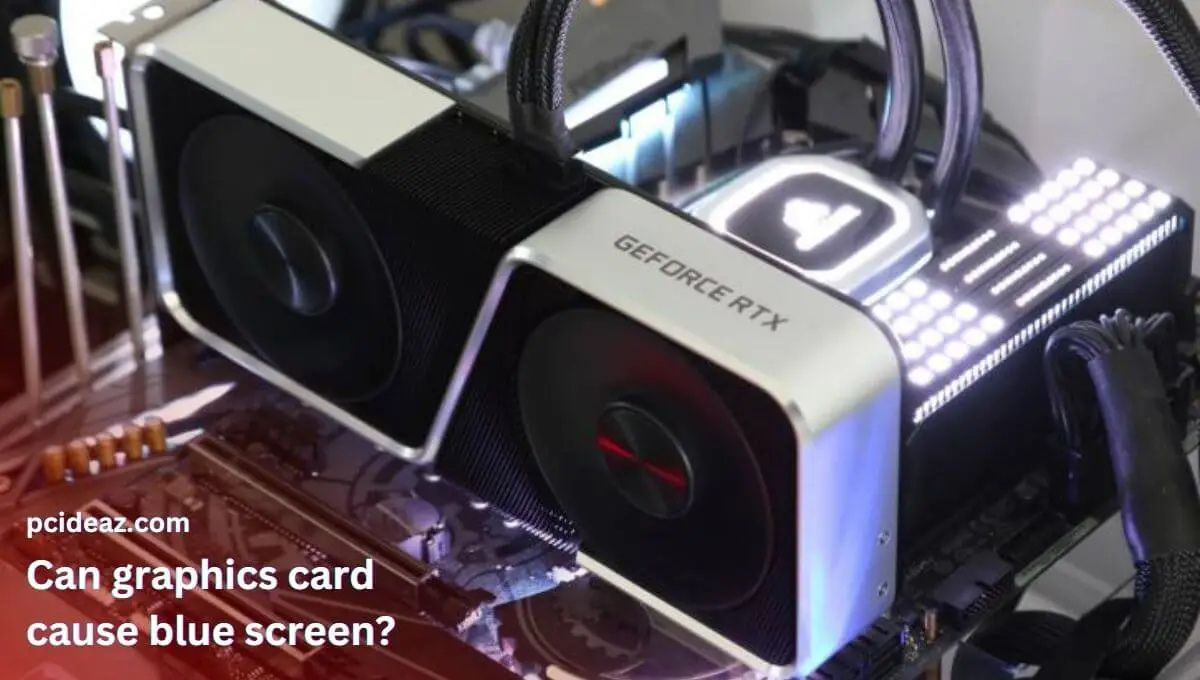The graphics processing units (GPUs) in modern computers are essential. Most of a computer’s graphics, video, and image processing activities are handled by GPUs. Some customers install additional memory on their graphics cards because they depend so much on their computer’s graphics capabilities. They do this to improve their computer system’s graphical quality. However, an overloaded graphics card on your computer can result in a power failure and even harm your device.
Moreover, it may cause computer shutdown issues due to overheating or a few other issues. If you’re facing this issue, we’re here to help. You’ll know can graphics card cause computer shut down, along with some tips on how to fix them. This blog will explore why a graphics card can cause a computer to shut down and how to address the problem. We’ll also provide a few resources if you want to learn more about graphics cards and their impact on your computer. Let’s explore.
Key Takeaways
- A graphics card can cause a computer to shut down if it’s facing a few issues.
- It’s a good idea to troubleshoot the issues, find the actual cause, and fix it to overcome the issue.
Can graphics card cause computer shut down?
Yes, a graphics card can cause the computer to shut down. This can happen if the card gets too hot while being overclocked or when you put too much load on it. In addition, the same thing can also happen if the graphics card is malfunctioning or experiencing a driver issue. It can also occur if the power supply is not providing enough power to the graphics card. If a computer is shutting down unexpectedly and you suspect the graphics card may be the cause, you should check the card’s temperature and ensure it is not overheating.
Causes of GPU causing computer shutdowns
There are several potential causes for a GPU (graphics processing unit) to shutdown a computer, including:
- Overheating: If the GPU is running too hot, it can cause the computer to shut down as a protective measure to prevent damage to the hardware.
- Power supply issues: If the power supply is not providing enough power to the GPU, it can cause the computer to shut down.
- Software conflicts: If there are conflicts between the GPU’s drivers and other software on the computer, it can cause the GPU to malfunction and shut down the computer.
- Hardware failure: A malfunctioning or failing GPU can cause the computer to shut down.
- High-performance settings: If the GPU is set to use too high-performance settings that the GPU can’t handle, it can cause the GPU to shut down the computer.
Note: It’s important to note that these issues may also be a symptom of other underlying problems, such as a failing power supply or a malfunctioning motherboard, so it is recommended to check for other issues.
Quick fixes for GPU causing computer shutdowns
Okay, so now that we know what could be causing the problem, let’s talk about how to fix it.
- Ensure proper connection: First, ensure that your graphics card is seated correctly in the PCI-E slot. If it’s not, that could be causing problems.
- Adequate thermal management: Ensure your computer has enough airflow and your graphics card is cleaned to allow proper airflow. You can also install a cooling system for your graphics card or buy a higher-quality graphics card that is better equipped to handle the heat.
- Check your power supply: Ensure that it’s properly plugged into the graphics card and that all cables are secure. If your power supply is insufficient, that could also be causing problems.
- Check for hardware failure: If the GPU is malfunctioning or failing, it may need to be replaced. Run hardware diagnostic: Run hardware diagnostic software or hardware testing tools to check if there’s any problem with the hardware components.
- Update the drivers: Ensure that your drivers are up to date. Outdated drivers can cause many problems, so it’s always a good idea to ensure you have the latest and greatest.
Conclusion
A graphics card can potentially cause a computer to shut down. This can happen due to various reasons, such as overheating, power supply issues, software conflicts, hardware failure, high-performance settings, etc. It’s essential to check the temperature of the GPU, update the drivers, check the power supply, check for hardware failure, reduce the high-performance settings and run a hardware diagnostic to troubleshoot the issue. It’s always a good idea to keep an eye on the temperature of the GPU and other hardware components to prevent such issues.
Frequently Asked Questions
When to replace your graphics card?
It may be time to replace your graphics card if you’re starting to experience any of the following issues:
- Your games need to catch up or stutter.
- You see visual artifacts in your games.
- Your games are crashing or freezing.
- Your PC is taking a long time to boot up.
- You’re getting blue screens of death.
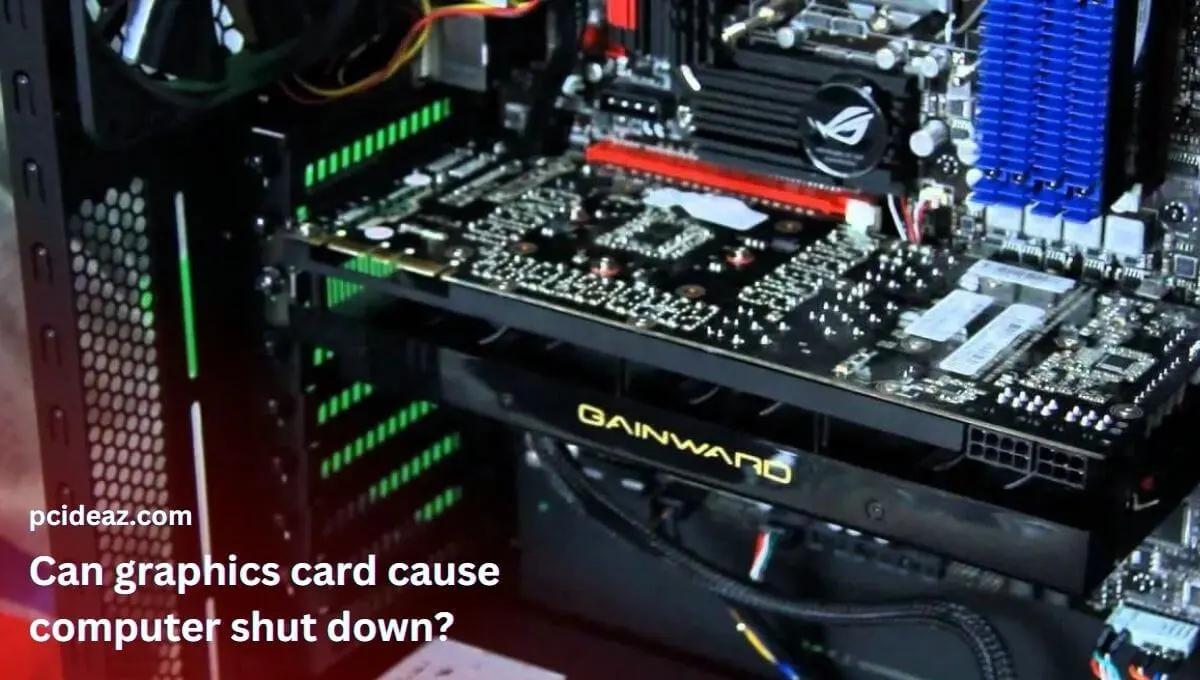

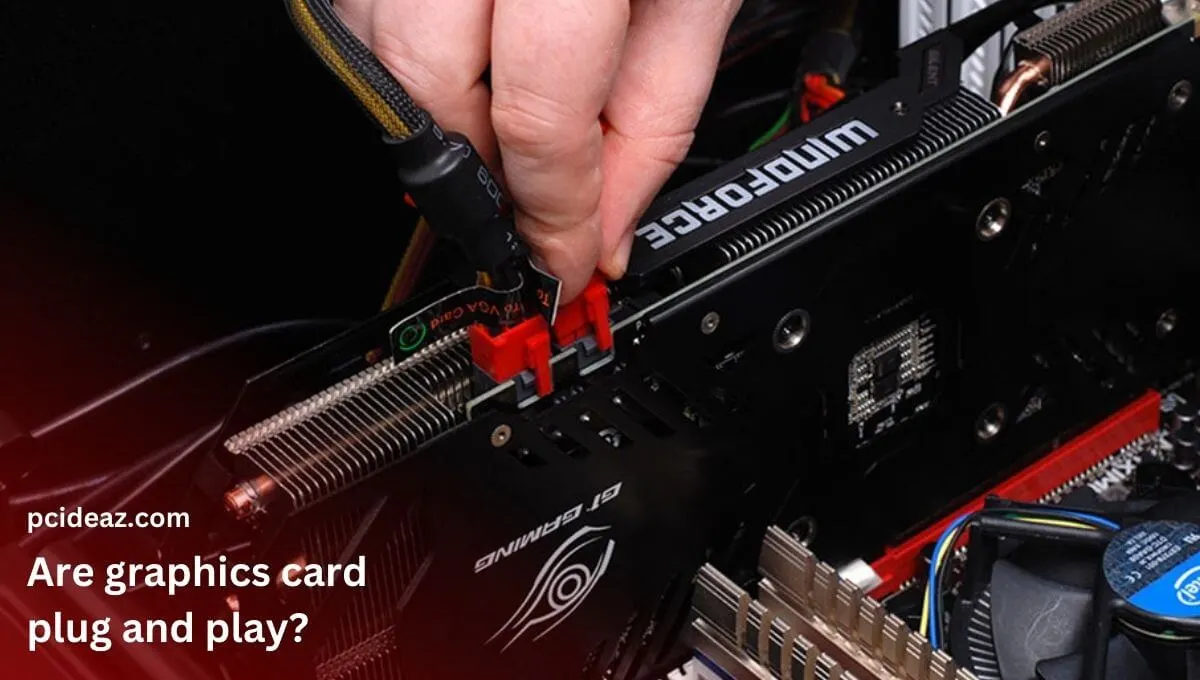
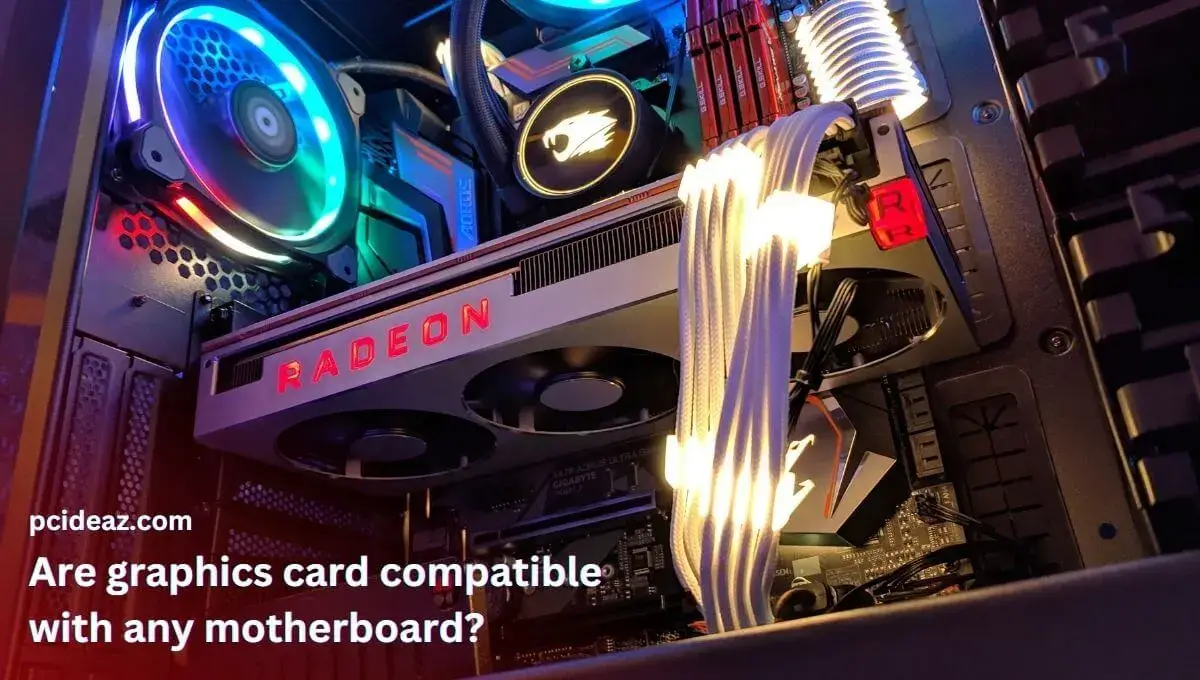
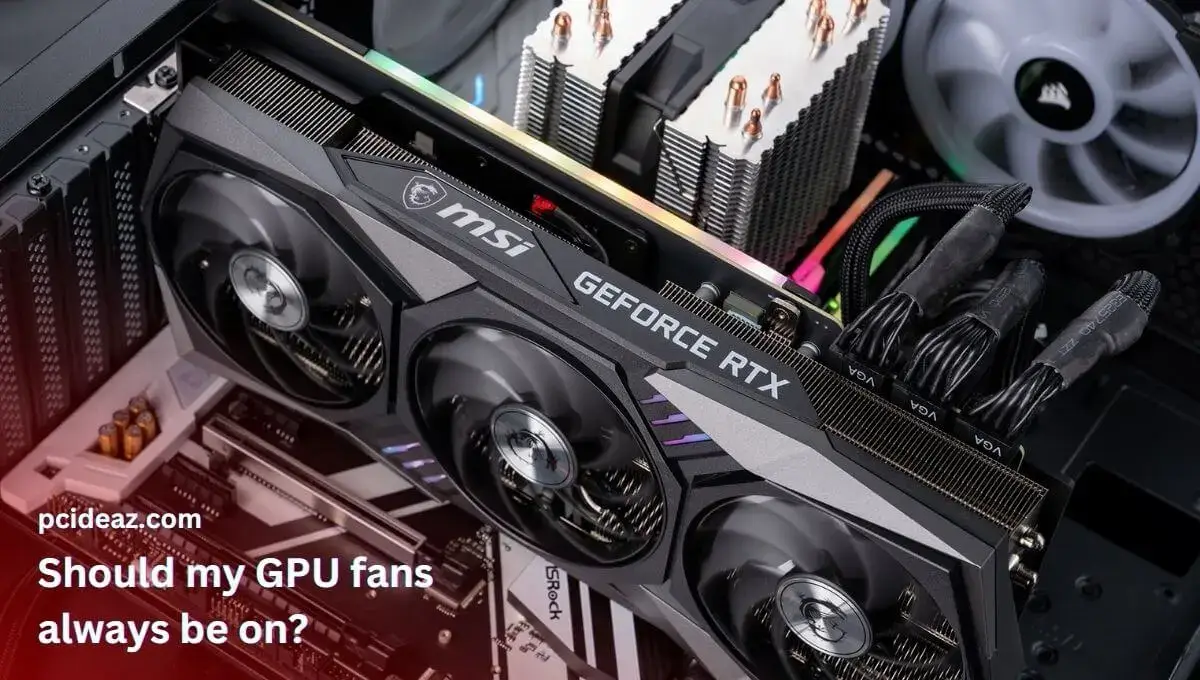
![Where graphics card is located? [On PC & Laptop]](https://d33wubrfki0l68.cloudfront.net/54961c2d0937af66ba80f08e39e3017422fa3946/32e7b/uploads/where-graphics-card-is-located.webp)
